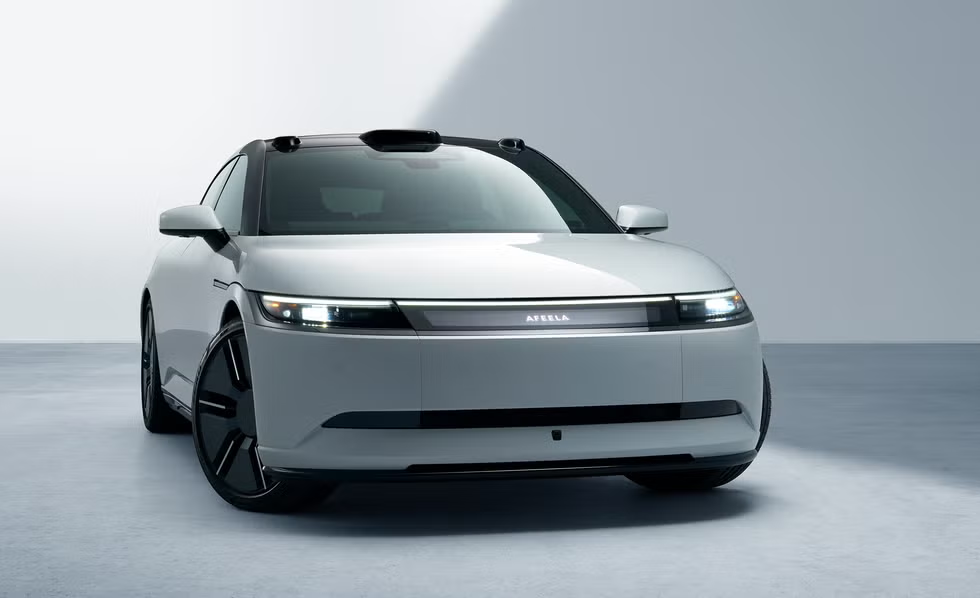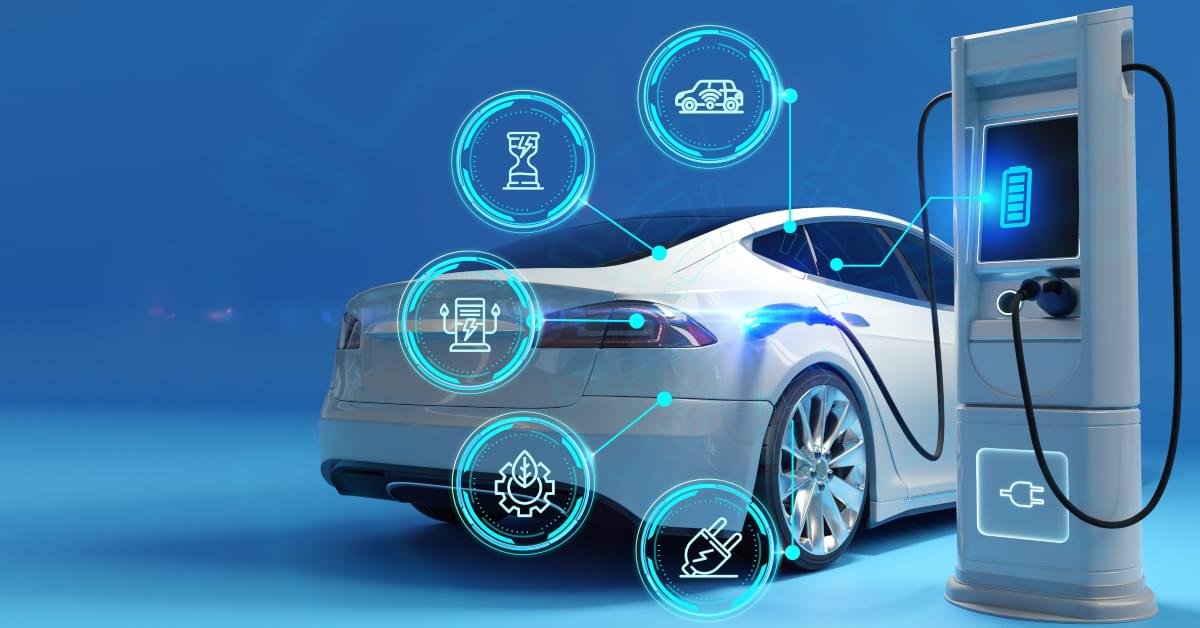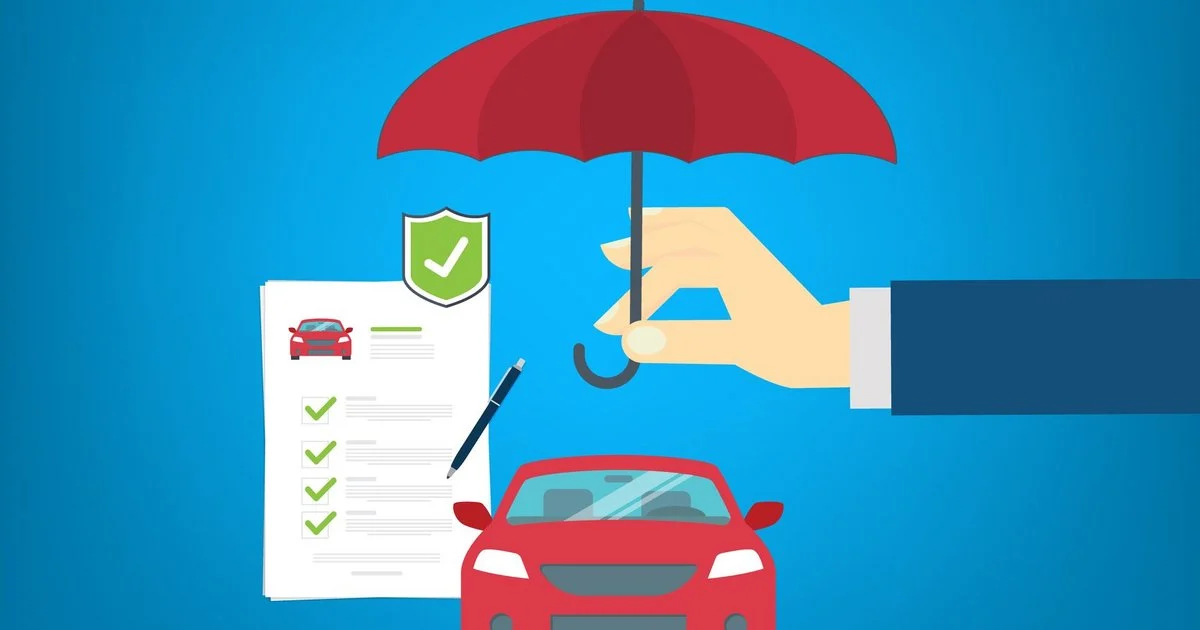Once a futuristic dream, electric vehicles (EVs) are now a fast-growing reality on roads around the world. With rising fuel costs, climate concerns, and huge advances in technology, switching to an electric car is no longer just eco-friendly — it’s smart economics too.
If you’re curious about electric vehicles, you’re not alone. This guide breaks down everything you need to know before making the switch — the benefits, costs, charging options, and top models to watch.
💡 What is an Electric Vehicle (EV)?
An electric vehicle runs entirely on electricity, using a rechargeable battery and electric motor instead of a gasoline engine. No tailpipe, no gas tank, no oil changes.
There are three main types:
⚡ BEV (Battery Electric Vehicle)
Fully electric – no gas engine at all
🔋 Examples: Tesla Model 3, Nissan Leaf, Chevy Bolt
🔌 PHEV (Plug-in Hybrid Electric Vehicle)
Electric motor + small gas engine
🛣️ Can drive short distances on electric, then switches to gas
Examples: Toyota Prius Prime, Ford Escape PHEV
🔄 HEV (Hybrid Electric Vehicle)
No plug — charges through braking
⚠️ Runs on gas, with help from an electric motor
Examples: Standard Toyota Prius, Honda Accord Hybrid
✅ Benefits of Driving Electric
💸 1. Save on Fuel
No more gas station stops! Charging your EV costs way less than filling up a tank. Many drivers spend just $20–$40/month on electricity.
🛠️ 2. Lower Maintenance Costs
EVs have fewer moving parts, no oil, and no engine repairs. That means less maintenance and fewer surprise repairs.
🌎 3. Eco-Friendly
Zero emissions = better air quality and a smaller carbon footprint. Good for the planet 🌍, great for future generations.
🚀 4. Instant Acceleration
Electric motors deliver smooth, silent, and powerful acceleration. Many EVs are faster than sports cars from 10 years ago!
🏙️ 5. Incentives & Rebates
You may qualify for tax credits, state rebates, and HOV lane access — saving you thousands up front.
🔌 How Do You Charge an Electric Car?
EVs charge in three main ways:
| Charger Type | Power | Charge Time | Location |
|---|---|---|---|
| 🔋 Level 1 | 120V | ~3–5 miles per hour | Standard home outlet |
| ⚡ Level 2 | 240V | ~20–30 miles per hour | Home charger or public station |
| ⚡⚡ Level 3 (DC Fast Charging) | 400V+ | 80% in 30–45 mins | Highway/public networks |
Many EV owners install a Level 2 charger at home and use fast chargers during longer trips.
💰 How Much Do Electric Cars Cost?
Prices vary by model and range, but here’s a rough breakdown:
-
🚗 Affordable EVs: $25,000 – $40,000
Examples: Nissan Leaf, Chevy Bolt, Hyundai Kona EV -
🚙 Mid-range EVs: $40,000 – $60,000
Examples: Tesla Model 3/Y, Ford Mustang Mach-E, Kia EV6 -
🏎️ Luxury EVs: $60,000 – $120,000+
Examples: Tesla Model S, Lucid Air, Porsche Taycan
💸 Savings over time: Lower fuel + maintenance costs = potentially $6,000–$10,000+ saved over 5–7 years.
📈 What’s the Range Like?
EV range depends on the battery and model. Today’s EVs can go 150 to 400+ miles on a full charge.
| EV Model | Estimated Range |
|---|---|
| ⚡ Tesla Model Y | ~330 miles |
| ⚡ Hyundai Ioniq 6 | ~361 miles |
| ⚡ Nissan Leaf | ~150–212 miles |
| ⚡ Ford F-150 Lightning | ~240–320 miles |
| ⚡ Lucid Air | Up to 520 miles! |
Tip: For most drivers, 200+ miles is plenty for daily driving.
🌐 Where Can You Charge Publicly?
Public charging stations are growing fast. You’ll find them:
-
🏪 At gas stations & shopping centers
-
🏙️ In city parking garages
-
🏨 At hotels and resorts
-
🚘 Along highways (thanks to Tesla Superchargers, Electrify America, ChargePoint, and more)
Use apps like PlugShare, Electrify America, or Tesla’s built-in nav to find nearby stations.
🛡️ Are Electric Cars Safe & Reliable?
Yes — EVs go through the same safety tests as gas cars. In fact:
-
🔥 EVs are less likely to catch fire than gasoline cars
-
🧠 Many EVs come with advanced safety tech, like lane assist and autopilot
-
🔋 Battery warranties usually last 8 years or 100,000+ miles
EVs are also quiet, smooth, and built to last with fewer parts to wear out.

🤔 Are There Any Downsides?
Every vehicle has trade-offs. Here’s what to consider:
| Pros | Cons |
|---|---|
| ✅ Lower fuel & maintenance costs | ⚠️ Higher upfront cost (but dropping fast) |
| ✅ Eco-friendly | ⚠️ Charging may take longer than filling up |
| ✅ Quiet, smooth, instant torque | ⚠️ Fewer models in some segments (trucks/SUVs improving) |
| ✅ Tax credits available | ⚠️ Charging access can vary by area |
🏁 Should You Make the Switch?
If you…
-
Drive less than 300 miles a day ✅
-
Want to save money long-term ✅
-
Have access to home charging ✅
-
Care about the planet ✅
-
Love quiet, fast, fun cars ✅
Then yes — now is a great time to switch to electric!
✅ Final Thoughts
Electric cars aren’t just the future — they’re the now. With more models, better range, and growing charging infrastructure, switching to an EV is smarter than ever.
At SmartQuoteDeals.com, we help drivers explore their options, compare models, and understand incentives — because going electric should be easy and informed.
📝 Thinking about making the switch? Get personalized EV buying tips and find the best deals — the smart way.


